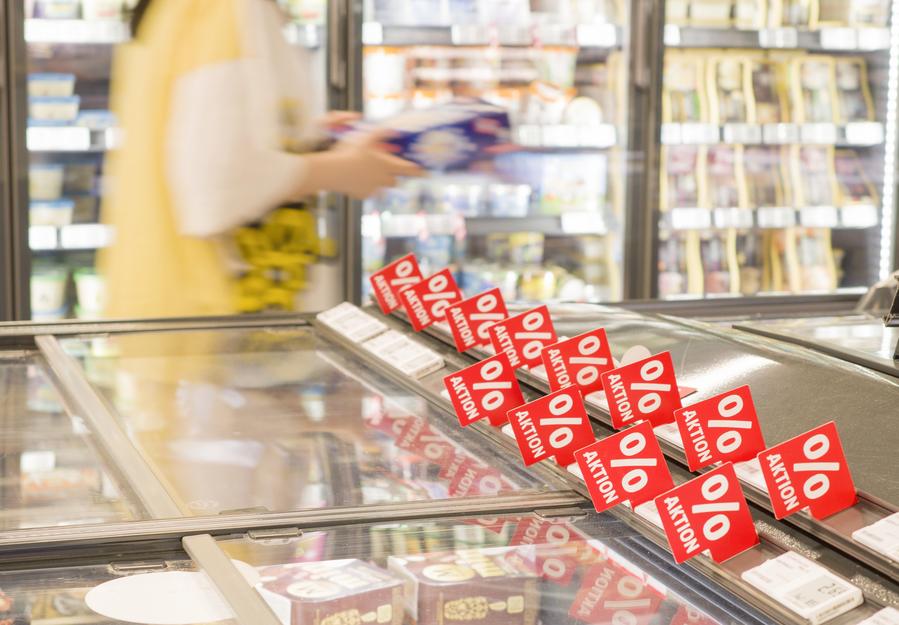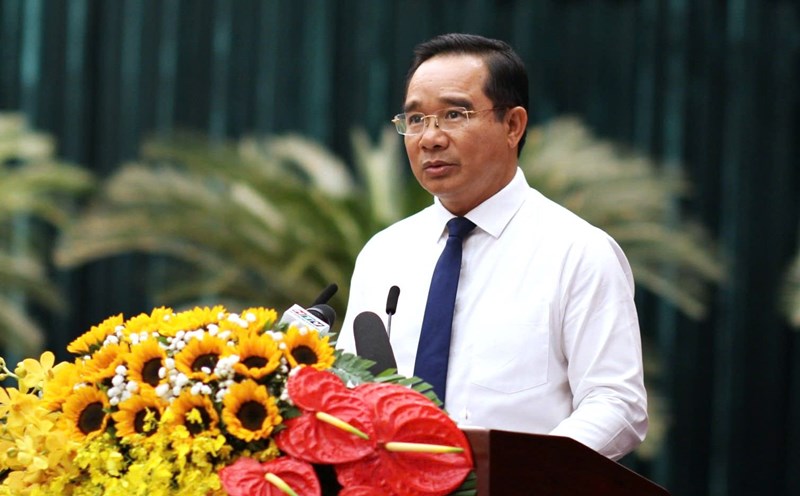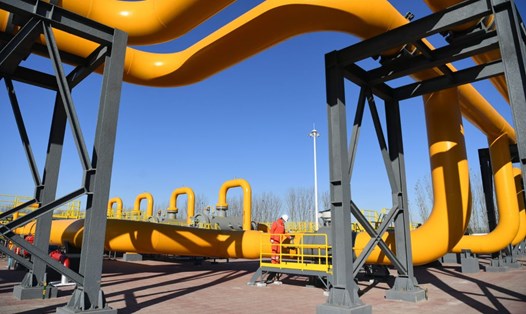In a move that shocked European politics, Ms. Alice Weidel, German Chancellor's candidate of the far-right Party of Choice for Germany ( AfidD), called for an end to sanctions against Russia and an immediate start to peace negotiations for the Ukrainian conflict.
Speaking in an interview with German newspaper Bild, Alice Weidel criticized the Berlin government for "pouring more oil into the fire" over the past three years by supplying weapons to Ukraine, pushing relations with Russia into a dangerous confrontation spiral.
What have we been doing with Russia for the past three years? It was just an escalation of stress. We face Russia not only in words, but also in finance and in the supply of weapons to Ukraine, Weidel stressed.
Notably, she condemned the use of German tanks on the Ukrainian battlefield against Russia, for the first time since World War II, and said it demonstrated the German government's alarming neglect of history.
According to Ms. Weidel, the German economy is "paying a heavy price" for sanctions against Russia. Sanctions against Russia are not only not weakening Moscow but are also "stucking" the German economy. She called on Berlin to urgently leave this cycle of sanctions and focus on diplomatic solutions.

Germany cannot continue to endure economic recession just because a war has no clear way out. It is time to sit at the negotiating table and find a sustainable peaceful solution, she said.
Since the outbreak of the Ukrainian conflict, Berlin has provided Kiev with €44 billion in aid, making it the second largest donor after the US, according to German government spokesman Steffen Hebestreit. However, in its 2025 budget proposal, Germany has allocated 4 billion euros in support, half of the amount the country has spent this year.
The above proposal is still awaiting approval from the German National Assembly (Bundestag), while German public opinion is increasingly divided on continuing to pour money into the prolonged conflict.
Ms. Alice Weidel's speech is expected to spark a wave of controversy in Germany and the European Union (EU). The AfD, which has been skeptical about the EU and is more friendly to Russia, is increasing its influence amid German voters' fatigue with inflation and a prolonged energy crisis.
Can Ms. Weidel's "end of sanctions, prioritize peace" stance change the German political situation and even reshape Europe's foreign policy? The answer will be clearer as the race for the German Chancellor's seat enters its most intense period.
One thing is for sure: the wave of calls for dialogue with Russia is no longer an wide-ranging issue, but is gradually becoming a practical political choice in the heart of Europe.











